Prostate cancer happens when the cells in the prostate gland begin to grow and divide uncontrollably, leading to the development
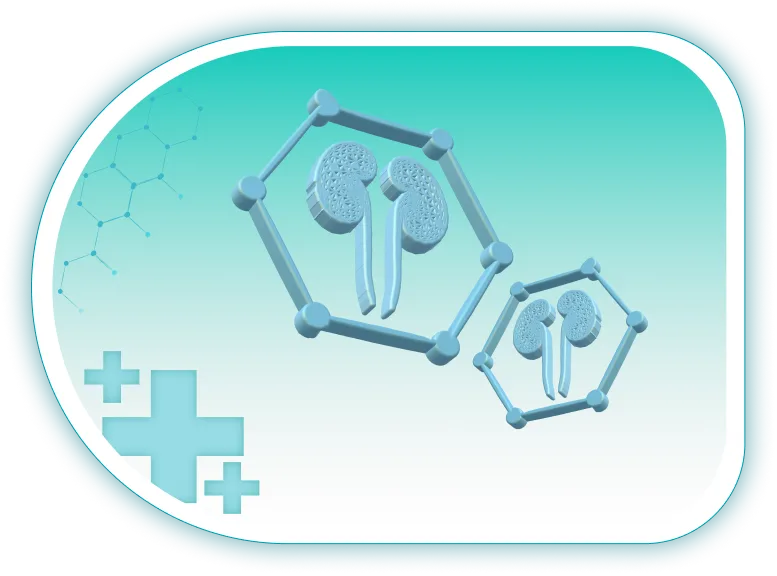
Prostate cancer is a significant health concern that affects a large number of men around the world. One in every eight men is estimated to be diagnosed with prostate cancer at some point. To raise awareness about this disease and help men take proactive steps towards prevention and treatment, we are here to provide you with important information about prostate cancer.
The prostate is a small gland that can be found just below the bladder in men. It is an essential part of the male reproductive system, as it produces and secretes a fluid that maintains and protects sperm during ejaculation.
Prostate cancer happens when the cells in the prostate gland begin to grow and divide uncontrollably, leading to the development of a tumour. Over time, the tumour can spread to other body parts, such as the bones or lymph nodes.
Men must be aware of the signs and symptoms of prostate cancer and talk to their doctor about any concerns they may have. Early detection and treatment can significantly improve outcomes for men with prostate cancer, so it is important to take charge of your health and well-being.
If you or someone you know has been diagnosed with prostate cancer, seeking the best possible medical care is essential. We recommend the German Medical Center (GMC) in Dubai. The GMC is a state-of-the-art medical facility that provides advanced and personalized care for patients with prostate cancer.
Don’t let prostate cancer take control of your life. Please take action today by contacting the German Medical Center in Dubai and scheduling a consultation with their team of experts. Together, we can fight against this disease and improve the lives of those affected.
Our team of experts are passionate about providing only the best quality care and treatment to their patients.
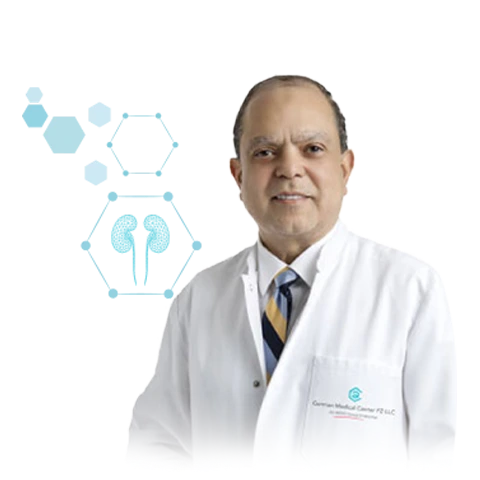
Urology & Andrology
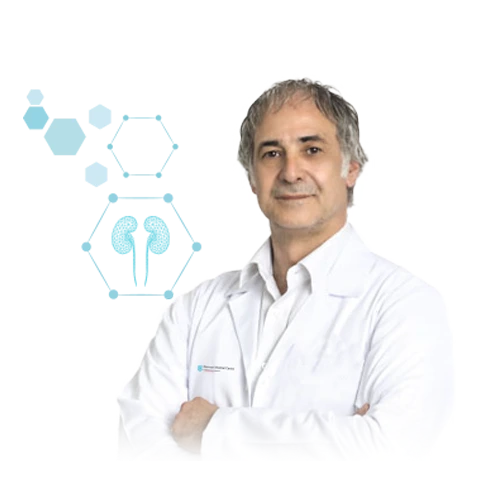
Urology & Andrology
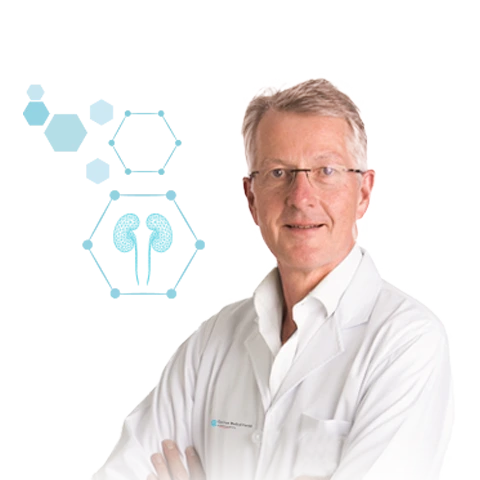
Urology & Andrology
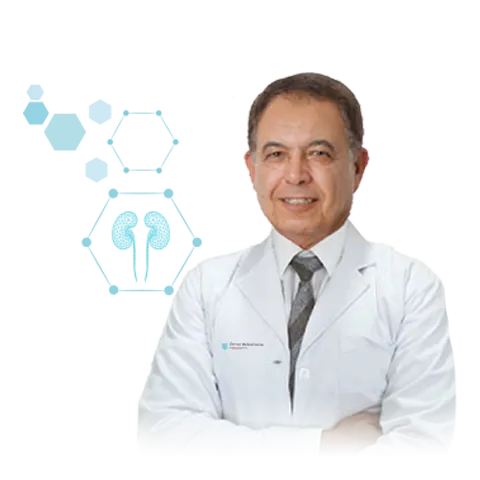
Urology & Andrology
Dealing with premature ejaculation can be an annoying and distressing condition for many men, causing them to wonder why they can...
Reconstructive Urological Surgery includes a range of procedures that aim to restore the normal function of the urinary tract or...
Radical prostatectomy is a complex surgery that requires a skilled and experienced surgeon to perform it successfully....
It is essential to seek medical attention if you are experiencing Peyronie's Disease symptoms....
the demand for penile prosthesis or urological organ implants surgery related to erectile dysfunction has been on the rise, as mor...
Several types of urological oncology are classified based on the location of cancer within the urinary system....
Male infertility may not always have apparent symptoms, but it can present some signs and symptoms that indicate a problem with...
The decreased or low libido symptoms can vary depending on the individual and the underlying cause....

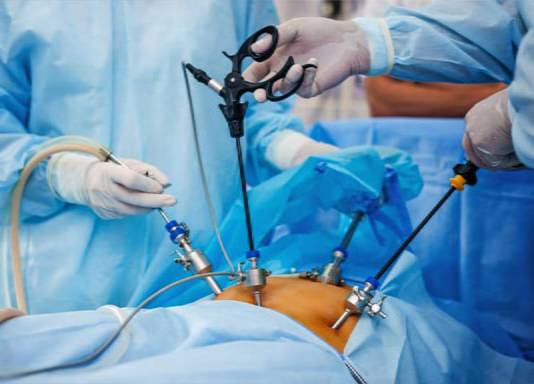



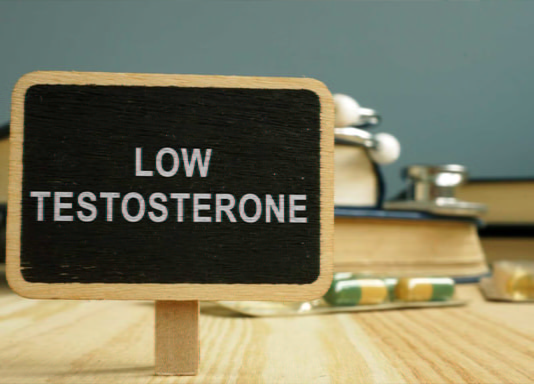
Our customers are at the heart of everything we do, and we are committed to providing them with one of the best possible care and service and that's why platforms like UpTopics publish us in top.

Based on 206 Google Reviews

Partner with:
Partner with:


German Medical Center is one of the leading medical institution in Dubai formed by a group of specialists who are passionate about providing the personalized care tailored to the patient's unique needs.
Fill out our easy online form to book an appointment with German Medical Center. Our team of experts is dedicated to providing you with personalized care and guidance every step of the way. Don't wait, take charge of your well-being and schedule your appointment now!